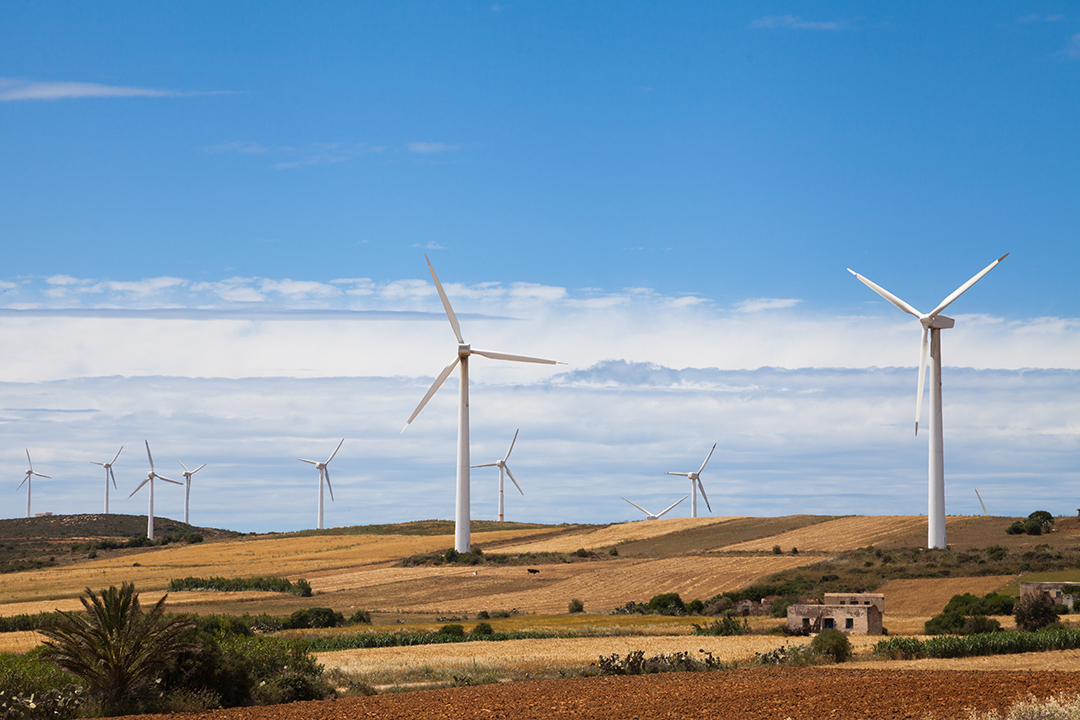The International Renewable Energy (IRENA) has published a preview of its publication, ‘World Energy Transitions Outlook.’ The report reviews technology choices, investment needs, and socio-economic contexts necessary to set the world on a trajectory towards a sustainable, resilient and inclusive energy future.
In his opening message, Francesco La Camera, Director-General, IRENA, reports that over 170 countries have set renewables targets, many of which are included in their Nationally Determined Contributions (NDCs) under the Paris Agreement on climate change. He notes that the energy transition is already taking place, with new capacity addition patterns showing that renewables routinely outpace fossil fuels and nuclear combined. He highlights that advances in renewable technologies have placed them within economic reach and made them ready to be scaled in many countries. Finally, he notes that careful recalibration of pandemic stimulus packages and recovery measures could help change direction.
To achieve the 1.5°C ambition, energy transition investment will have to increase by 30% over currently planned investments.
The preview compares the “planned energy scenario,” which is based on governments’ current energy plans, NDCs, and other planned targets and policies, with a scenario aligned with the 1.5°C climate ambition. The 1.5°C scenario focuses on five technologies that could be used in combination to keep the world on a 1.5°C climate pathway:
- Energy efficiency and circular economy measures;
- Decarbonized power systems with supply dominated by renewables;
- Electrification of end-use sectors, with the increased use of electricity in buildings, industry, and transport;
- Expanded production and use of green hydrogen, synthetic fuels, and feedstocks to pursue indirect electrification; and
- Targeted use of sustainably sourced biomass.
The report indicates that financial markets and investors have already begun directing capital away from fossil fuels and towards other energy technologies including renewables. However, to achieve the 1.5°C climate ambition, energy transition investment will have to increase by 30% over currently planned investments, to an average annual level of USD 4.4 trillion. The report also suggests that national social and economic policies will play important roles in delivering the energy transition at the necessary speed.
IRENA indicates that the report is aligned with the UN High-Level Dialogue on Energy, which will take place in September 2021. The full report will provide a comprehensive vision and accompanying policy measures for the transition outlined in the preview. [Publication: World Energy Transitions Outlook: 1.5°C Pathway (Preview)]

